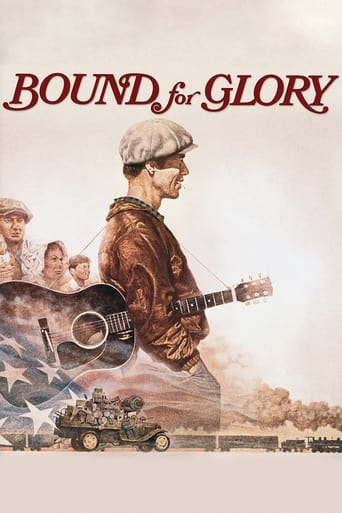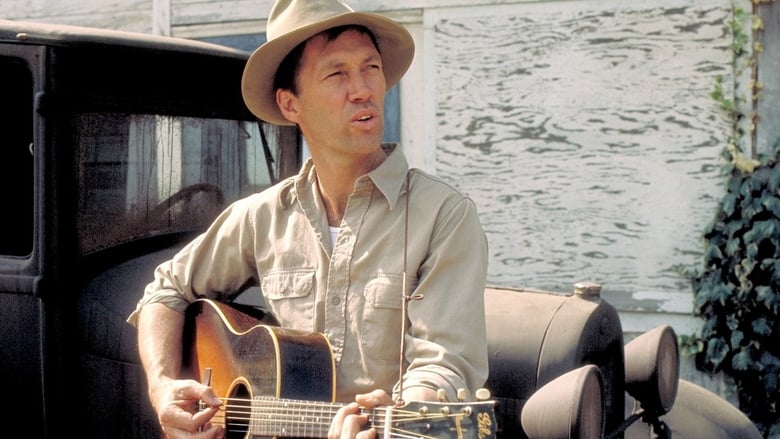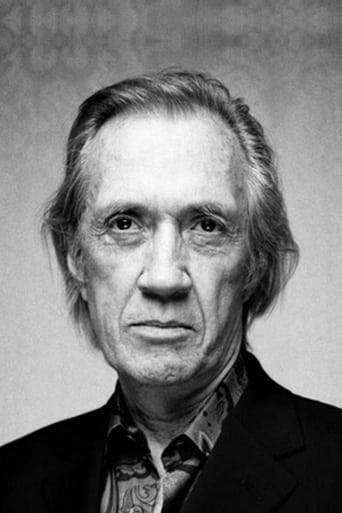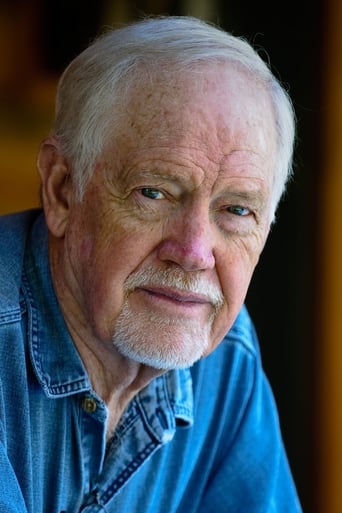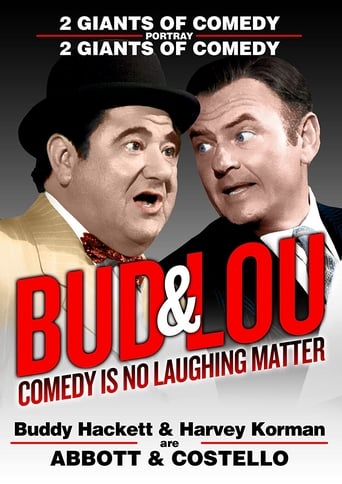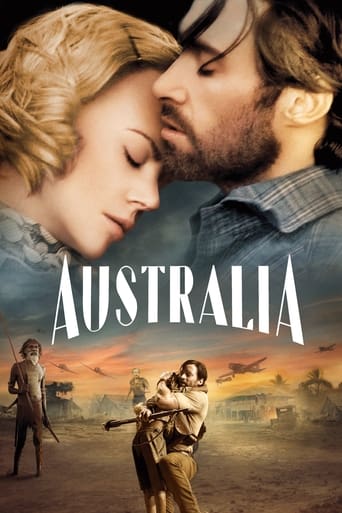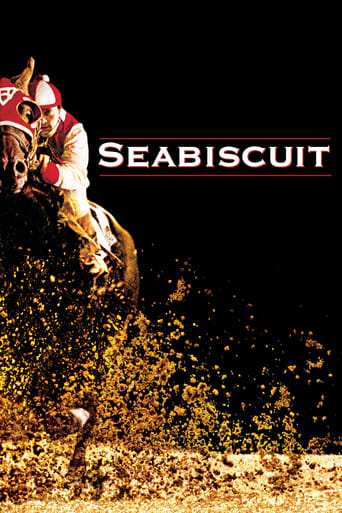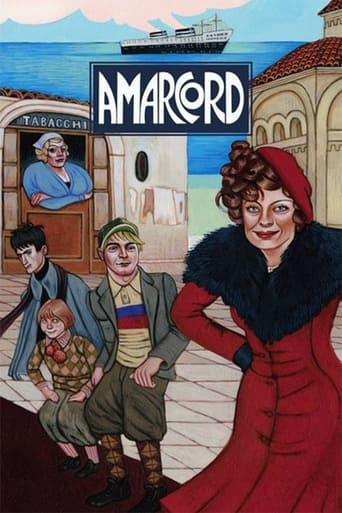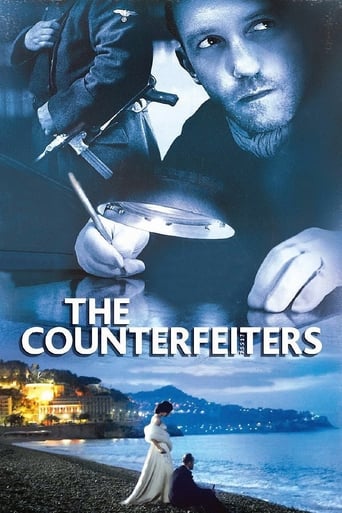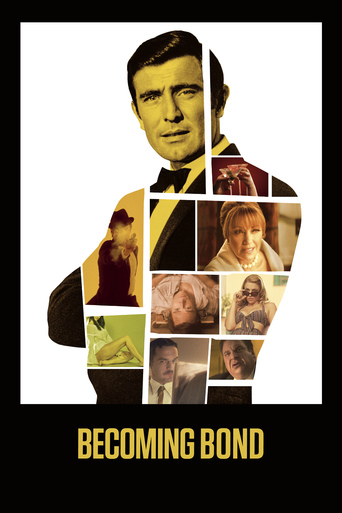Bound for Glory (1976)
A biography of Woody Guthrie, one of America's greatest folk singers. He left his dust-devastated Texas home in the 1930s to find work, discovering the suffering and strength of America's working class.
Watch Trailer
Free Trial Channels
Cast


Similar titles
Reviews
What makes it different from others?
A Major Disappointment
Blending excellent reporting and strong storytelling, this is a disturbing film truly stranger than fiction
Watching it is like watching the spectacle of a class clown at their best: you laugh at their jokes, instigate their defiance, and "ooooh" when they get in trouble.
This biopic starts in 1936. Woody Guthrie (David Carradine) is struggling in the dusty small town of Pampa, Texas with his wife Mary (Melinda Dillon). Jobs are hard to find and everybody is looking to leave for California. He runs off to ride the rails and becomes one of the most influential folk singers.This is limited in excitement and tension. It's a quiet easy movie. It's quietness takes away some of the emotions in the movie. David Carradine is putting in a simple nice guy performance. There are some inventive camera work using the new steadycam. The look of the movie is one of faded dusty postcard. It's a pretty and interesting movie to look but it's not much more than that. It's a long winding road.
Rabble-rousing kid from 1930s Oklahoma heads west with his guitar for a better life, using the hardships of the roadside vagrants and field-pickers for his musical material. Talented Hal Ashby directed this Depression-era dramatization of folk singer Woodrow "Woody" Guthrie from a screenplay by the estimable Robert Getchell (adapting Guthrie's autobiography). However, Ashby allows the narrative to drift and ramble; while some may feel this approach appropriate, the lackadaisical overall feel--coupled with David Carradine's somewhat lachrymose lead performance--fails to lend the film the big emotional heart one longs for it to have. There are certainly compensations, particularly Haskell Wexler's cinematography and Leonard Rosenman's music-adaptation, both of which won Oscars. Guthrie's romantic life plays out like a series of rerun episodes (which each of his women seen smiling from the bedroom), yet there's a great deal of beauty in Ashby's presentation and several witty passages in Getchell's script. **1/2 from ****
I expect it took the counter-cultural period of the 60's and 70's to get a slice of Guthrie's life onto the big screen. After all, the folk singer was not only a union radical but pro-soviet as well. I can imagine how old Hollywood would have sanitized the script on the off chance of dealing with his life story.Here, Guthrie's turned into a prairie populist, evolving from dust bowl hobo to union organizer, armed with a guitar and a talent for turning words into music. At 2-hours plus, the movie is drawn out but never drags. In fact, the first hour is a pip as we get an unvarnished look at the down home poverty— the rickety shacks, the overloaded flivvers, the rail yard bulls, but most of all, the gritty people just trying to survive a world turned suddenly against them. It's well done, without rubbing your nose in it.The scene that stays with me, however, is not like anything I've seen. It's the damaged fat guy who shambles up to sign-painter Guthrie and stammers about needing brushes to paint the pictures in his head. The scene's a beautifully composed blend of humanity and understanding as the human lump shambles off, with new paint brushes in hand, while we realize Guthrie's an instinctive man of the people.No need to repeat the consensus points made by others. I'm just glad the film brought this neglected figure to popular audiences, along with his music. It's a fine period piece about an America that, despite the years, has never really left us.
While a written biography may cover its subject's life from beginning to end over hundreds of pages, a biopic that lasts only two or three hours simply does not have the time to do the same. And yet the best biopics do justice to an individual's life by offering a slice of their existence, giving an impression of who they were and what they did. Bound for Glory covers only a few years in Woody Guthrie's life, and yet the portion it covers is a transitional one, showing his change from a friendly, easygoing country boy, to a man more cynical but firmly politicised, with his emotions shaken but his core honesty intact, and his career on the verge of national fame.A good biopic is often as much about tone as story, and this requires a good director. Consummate 70s filmmaker Hal Ashby is perfect for the project. His style is just so wonderfully light and tentative. He won't force an idea upon you, but he'll give you time to notice some little snippet of life which adds texture to a scene, for example a split-second shot that reveals one of the hobos being pulled off the train has only one arm. There's a lot of darkness in this movie, a lot of enclosed spaces and shuttered windows. The countryside appears achingly beautiful, but it is only fleetingly glimpsed, over the top of a railway carriage or through a gap in the swirling dust, like some unattainable paradise. The sublime cinematography of Haskell Wexler picks out every mote of dust and finds shape and definition in the swathes of black and brown.Let's give a word a two now to lead man David Carradine. Carradine has long been one of my favourite actors, even before he was in Kill Bill and everyone had heard of him. He worked mostly in TV and B-Westerns before landing this, his greatest and most apt role, the one he seems born to play. He has no ego. He doesn't play to the camera, and yet he has such presence here, such charisma. He thereby gives a good account of the real Woody, as well as giving us the impression of a life being lived rather than a performance being played. And of course being a proper folk musician he can do the songs justice.And the songs are crucial to this adaptation. Bound for Glory works much like a semi-musical King Vidor movie from nearly fifty years earlier by the name of Hallelujah. All the music is diagetic – it makes sense within the scene, and yet it is used to comment upon the narrative and move it forward, just as a true musical does. When Woody decides to leave his dustbowl home, he never actually states his intention to do so in dialogue, but we hear him singing a lose version of "So Long, It's Been Good to Know You" with its appropriate line about "dusty old dust", which is then picked up in instrumental form as he heads out of town. Later, the scene of Woody playing I Ain't Got no Home in the radio studio segues into a shot of workers in a field as the tune continues, linking the man and his music to their social context. The songs are never merely presented while the story takes a break, the songs exist alongside and become part of story. Bound for Glory does not just show the life of a musician, it shows a musical life.

